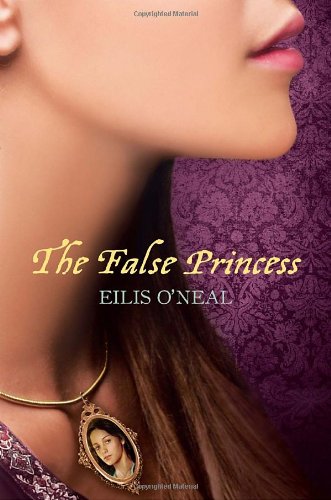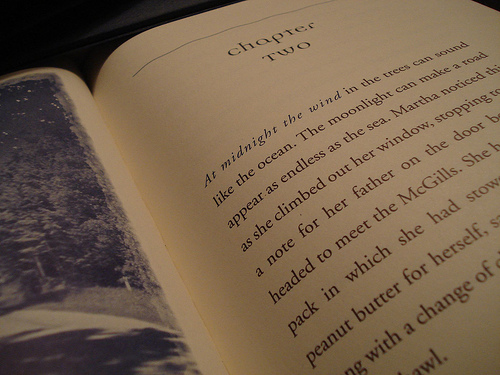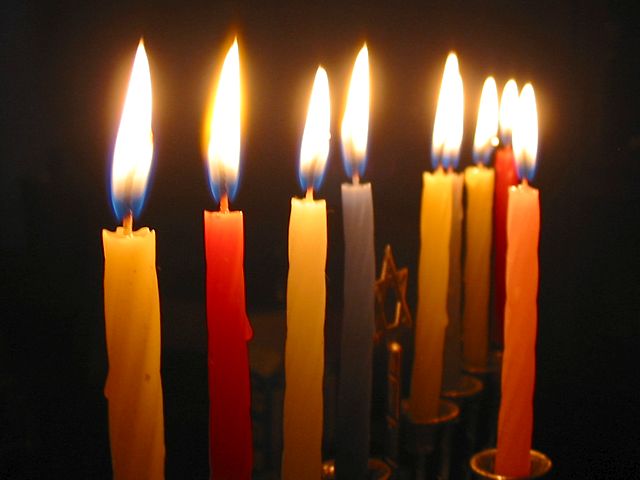 I was delighted when Simcha asked me to contribute a column for his Hanukkah series, and I immediately started trying to figure out exactly what I wanted to write about. And I thought.
I was delighted when Simcha asked me to contribute a column for his Hanukkah series, and I immediately started trying to figure out exactly what I wanted to write about. And I thought.And I thought.
And I thought.
And then I had a snack.
And then I thought some more.
And it finally occurred to me that the reason I was having trouble coming up with an appropriate topic is that, to be honest, I’ve almost never written about Judaism or Jewish characters in my fiction.
Now, as far as my published novels to date, and all my work on the Dungeons & Dragons roleplaying game, that’s understandable. Most of these are fantasy tales set on secondary worlds (that is, not Earth). The religions that exist bear no relationship whatsoever to any historical faiths. Jews, Christians, Muslims, Buddhists—none of these would have been appropriate in those books. Okay, fine.
But I’ve written some urban fantasy stories that I haven’t yet sold. I’ve written some fiction that does tie in with Earth history. I’ve written lots of short stories and rules supplements for the Vampire: the Masquerade and Vampire: the Requiem roleplaying games, which do take place in a variant of the real world. And yet, of the dozens—maybe hundreds—of characters I’ve created for those works, I can only think of one or two that were Jews.
Once this fact occurred to me, I started to wonder why that might be, and whether my own reasons—unconscious as they may have been—might provide any insight to readers or other writers. It’s not due to any issues of personal identity; while I’m not a very religious man, I still think of myself as Jewish in terms of culture and upbringing. I make no effort to hide that fact, and have talked about it openly many times, so it’s not any inclination toward secrecy on my part. So why, then?
Near as I can figure, after giving it some consideration, I think it’s because I grew up Jewish that I tend not to create characters who are. I realize that sounds counterintuitive, but consider: Despite the old canard that you’re supposed to “write what you know” (which isn’t accurate, by the way), the simple fact is that I need the characters I write about to really interest me. I am, after all, going to have to spend about 100,000 words with them if they’re novel characters—more, if I’m doing more than one book—or build story ideas around them if they’re RPG characters. And to me, that requires a hook, something exotic about them. Something that’ll be fun to explore and develop and come to understand.
And to me, Judaism—well, at least the basic trappings of Judaism—are mundane. I don’t mean that to denigrate them; I don’t mean that they’re boring or inferior. But they are, to me, everyday things that I grew up with. I’ve lived it; so there’s nothing that really draws me to write about it. The religious (and often seemingly mystical) ritual trappings of Catholicism, Vodoun, Islam, whatever—these, if I’m writing about a religious character at all, feel exotic to me. They make the character seem more interesting, in my eyes, because they allow me to explore beliefs and practices that I don’t already know.
In other words, it’s a self-fulfilling pattern. I instinctively look to things I see on a regular basis but don’t know well as the foundation for stories and characters, while glossing over the stuff that I’m so familiar with, it never strikes me as story material.
And I’m aware that it’s an inaccurate impression. Judaism is just as rich in fodder for modern stories and modern characters as any other faith. Want intricate rituals and practices? Orthodox Judaism—with which I’m only passingly familiar, as I was raised Reform—has plenty. Want a mystical tradition for my urban fantasy stories? You couldn’t ask for better than the Kabbalah, which offers a vast array of research on which to build all manner of tales.
But because I still think of Judaism as an “everyday” thing, from my childhood, it rarely occurs to me to think in that direction. It’s easier to look outward for the exotic and the fascinating, than inward. I think, in a larger sense, it’s a trap that a lot of fantasy writers fall into: We’re so busy looking for story potential in the weird—whatever “weird” means to any given author—that we never take the effort to dig deeper into where we come from and find the story potential in the parts of us and our upbringing that might be “weird” to others.
(Obviously, I’m not claiming this is the case for all writers. There certainly are Jewish fantasy authors who include aspects of Judaism in their writer or their characters. I’m simply thinking out loud about why I haven’t, and why I think many others don’t.)
I also think there’s an element of cultural expectation. We’re immersed, day in and day out, in a world where the mention of “religion” instantly brings imagery and philosophy from faiths other than Judaism. So many fantasies, for instance, create religious organizations that mirror the Catholic Church of the Middle Ages. And that makes sense, since the Church was such a heavy influence on those times, and those times are such a heavy influence on traditional fantasy. But it needn’t be that way. So far, the overwhelming majority of fantasy tales either go for Mock-Catholicism or Mock-Paganism, but why not base a fantasy religion on Judaism? (Or Islam, or Buddhism, or what have you?) Why not have a religious, magic-using wise man in an epic fantasy or sword-and-sorcery tale called “Rabbi” rather than “Priest”? It may look a little odd, at first, but I think that’s only because we’ve been trained—by decades of fantasy tradition, and exposure to a largely non-Jewish culture—to think of it as odd.
I said “Write what you know” was an inaccurate aphorism, and I think it is—but I also think it’s far too easy for writers of the genre to go too far in the other direction. There’s plenty of story potential in what we know well, in what we grew up with. A character doesn’t have to feel exotic to the writer to be interesting; it’s the easiest way to come up with a fascinating protagonist, not the only way. I’m not sure when or where—I have to come up with the proper story to make it work—but having now thought consciously about this, I’m determined, at some point in the future, to give it a shot.
We have so many tales from long ago, but I figure we can’t possibly have used up our story potential. I just need to start looking in a different direction to find it.
Happy Hanukkah, Christmas, Yule, or whatever you choose to celebrate. Me, I’m going to go open some presents.





















